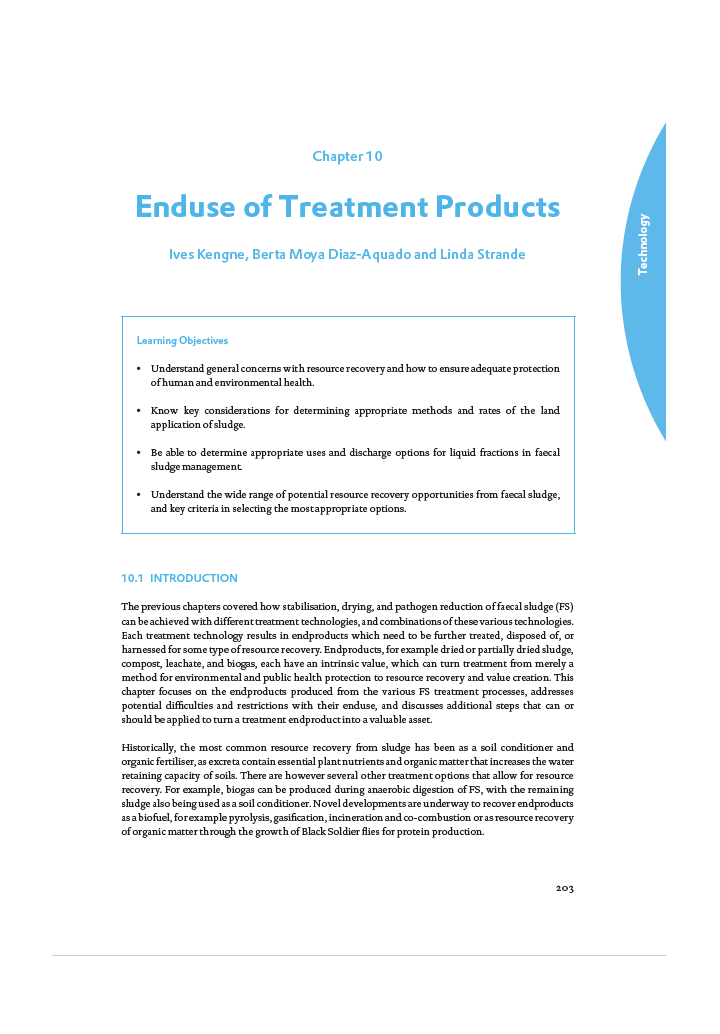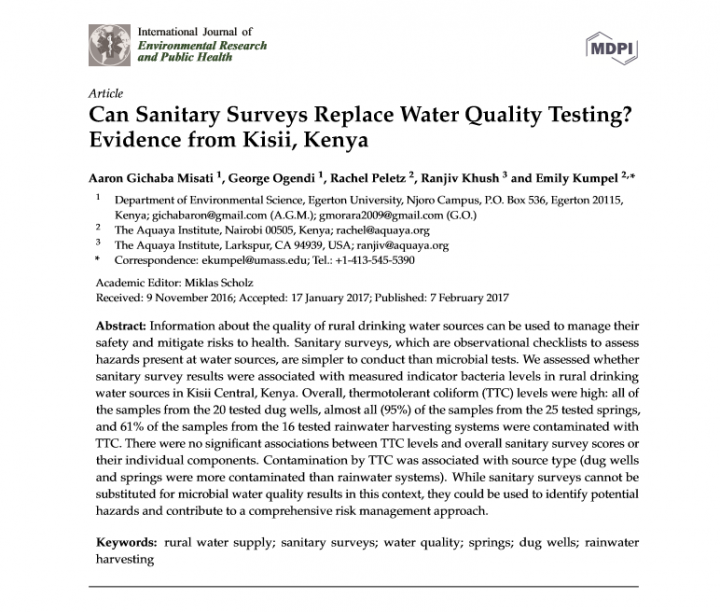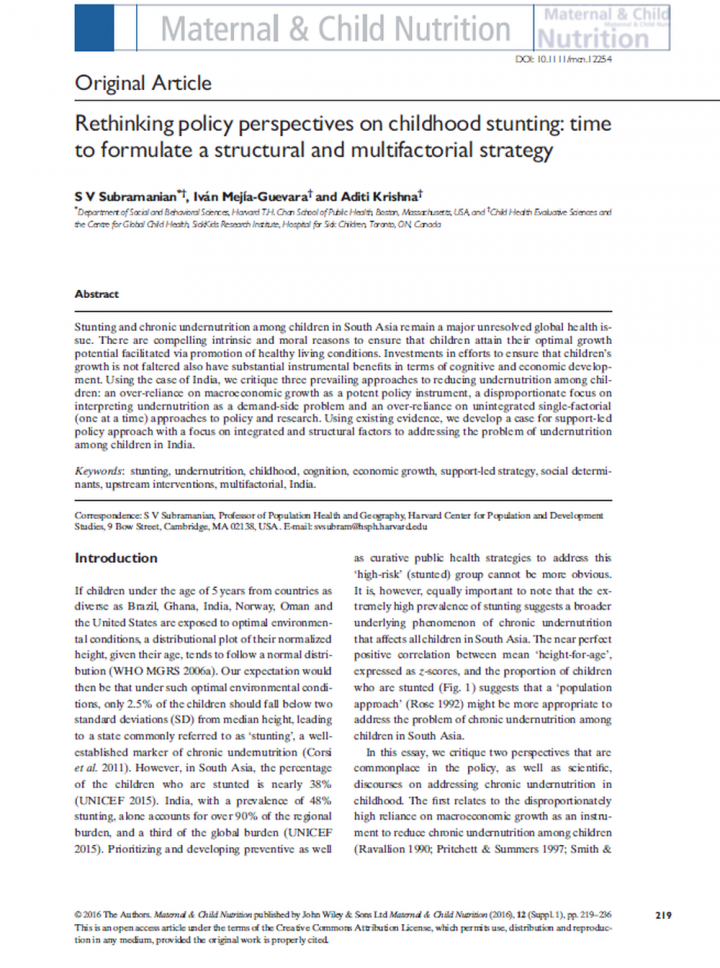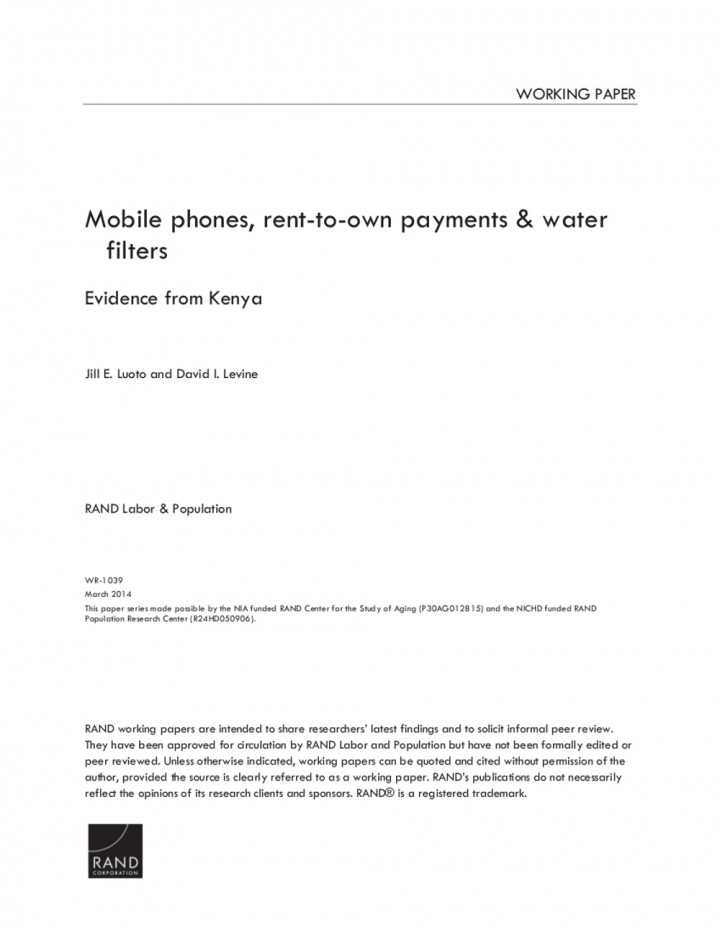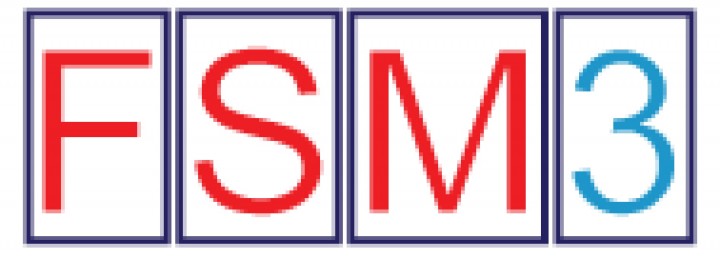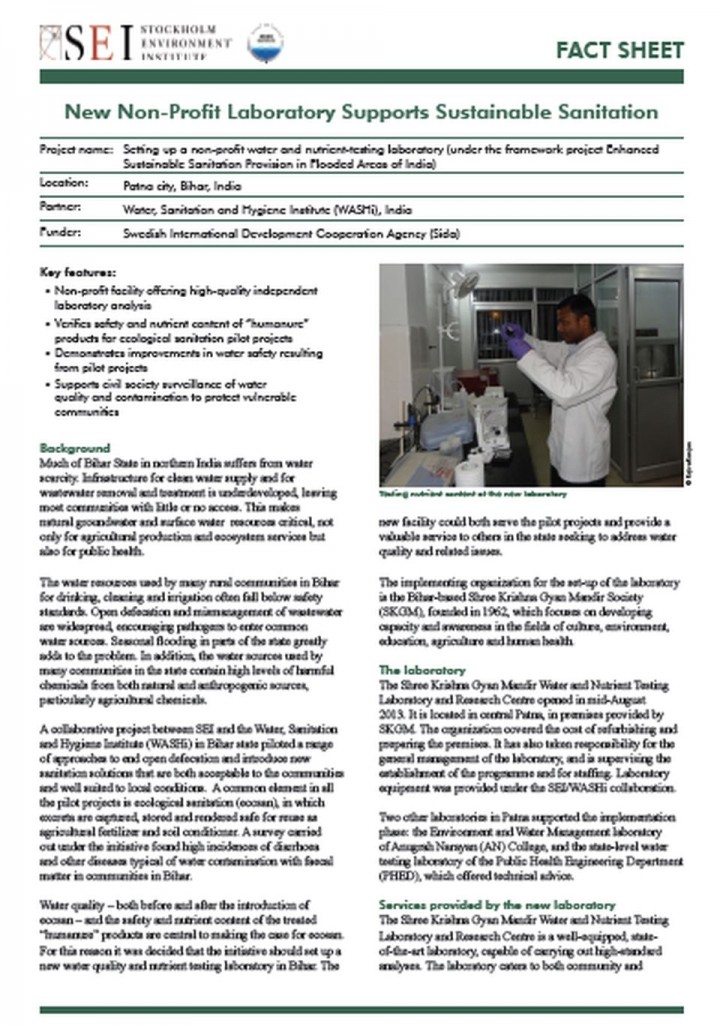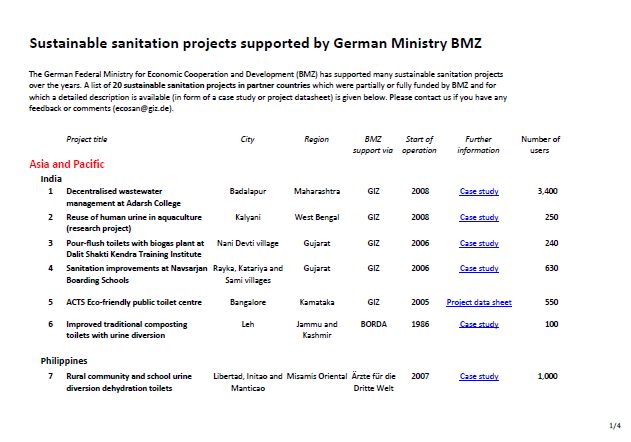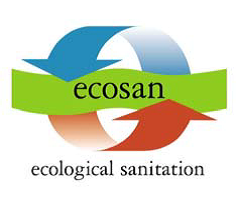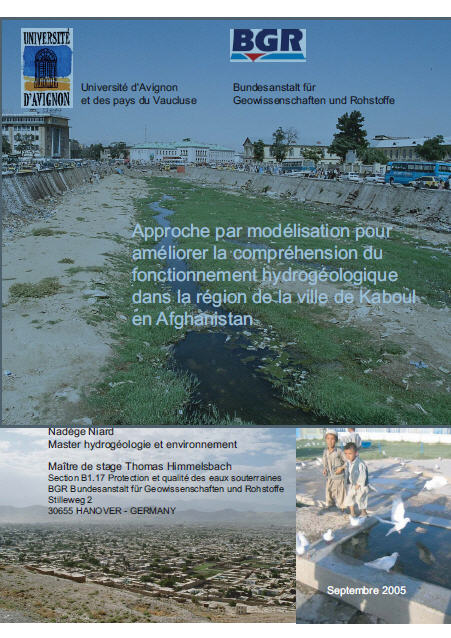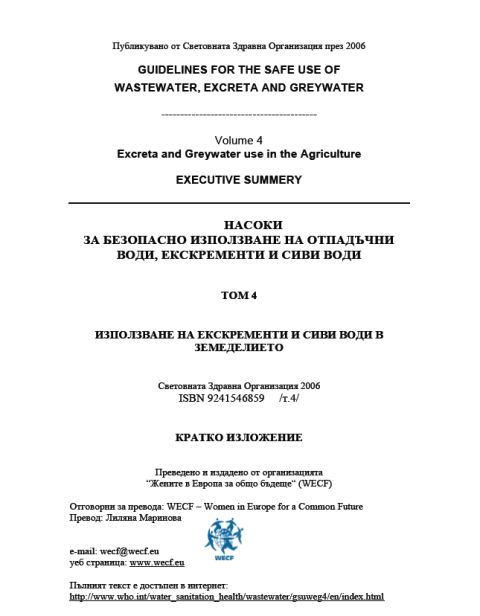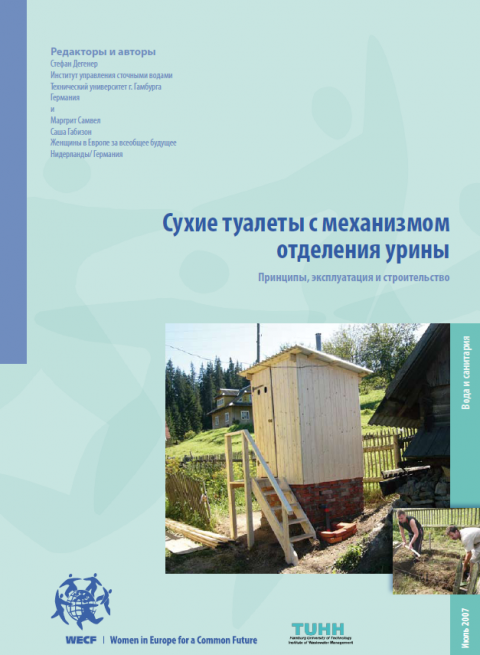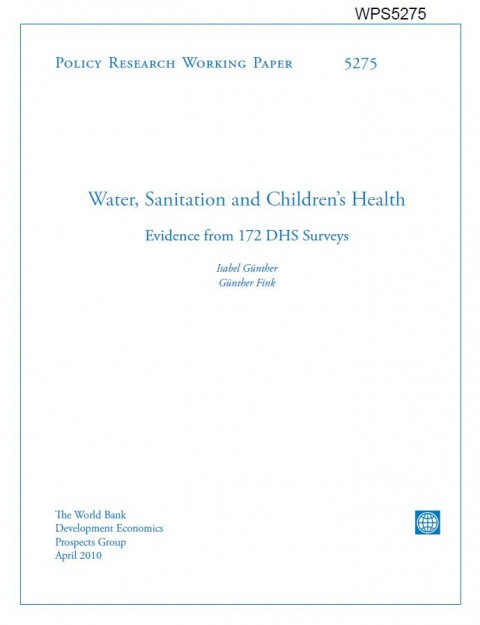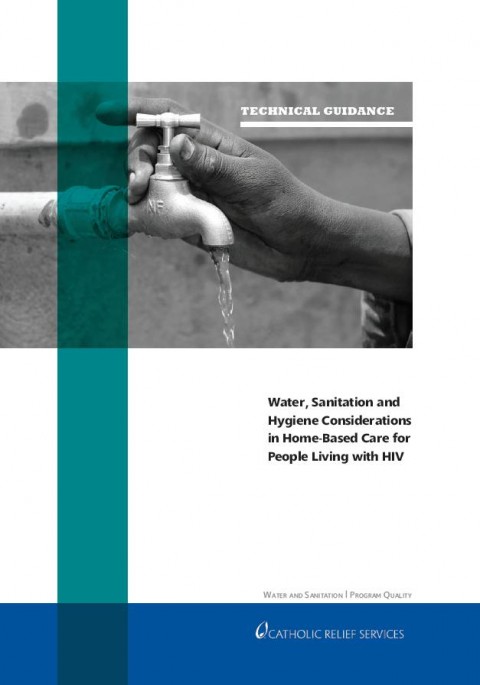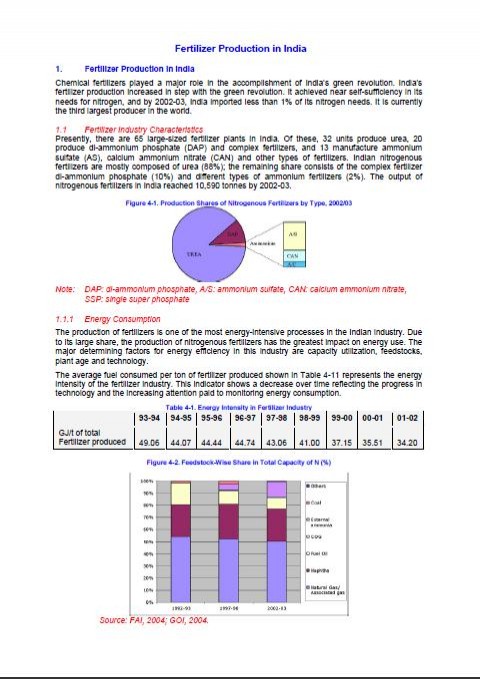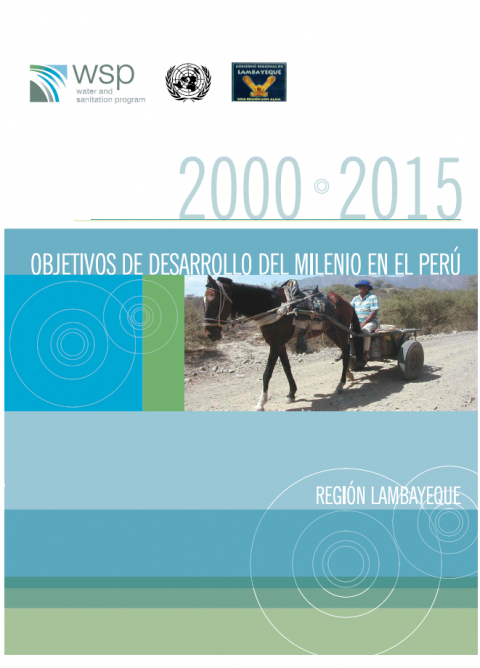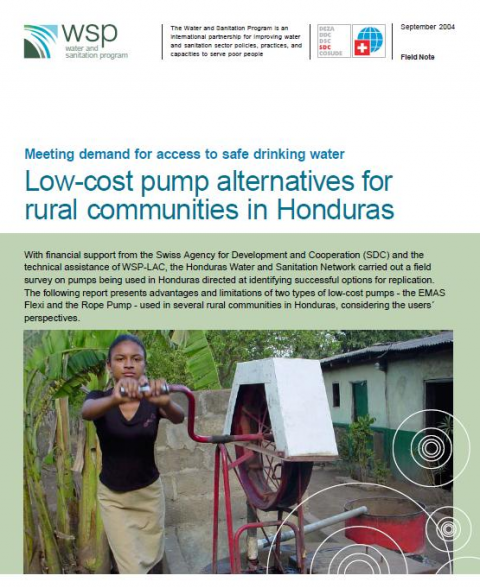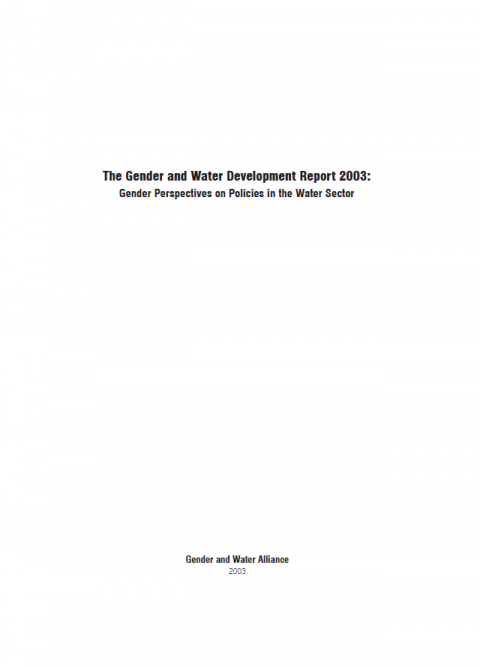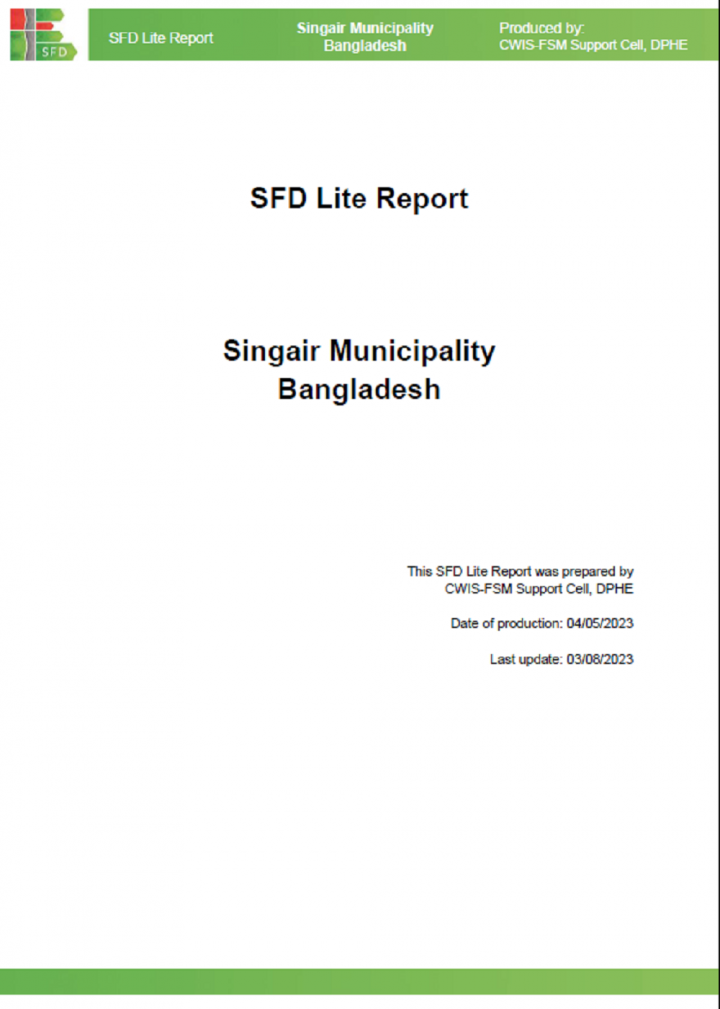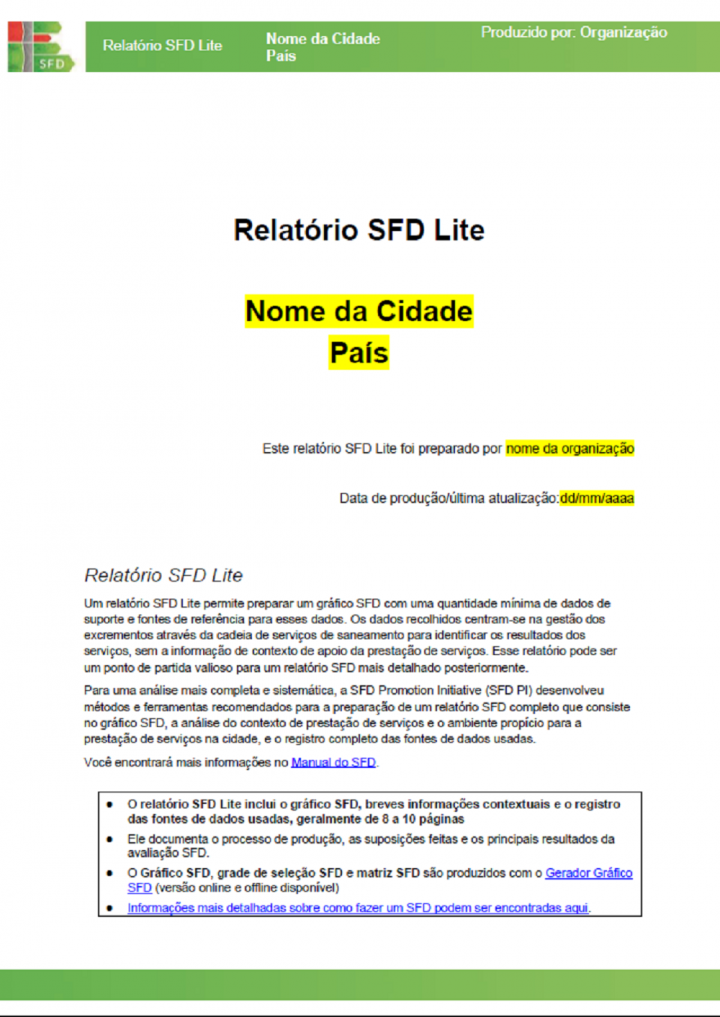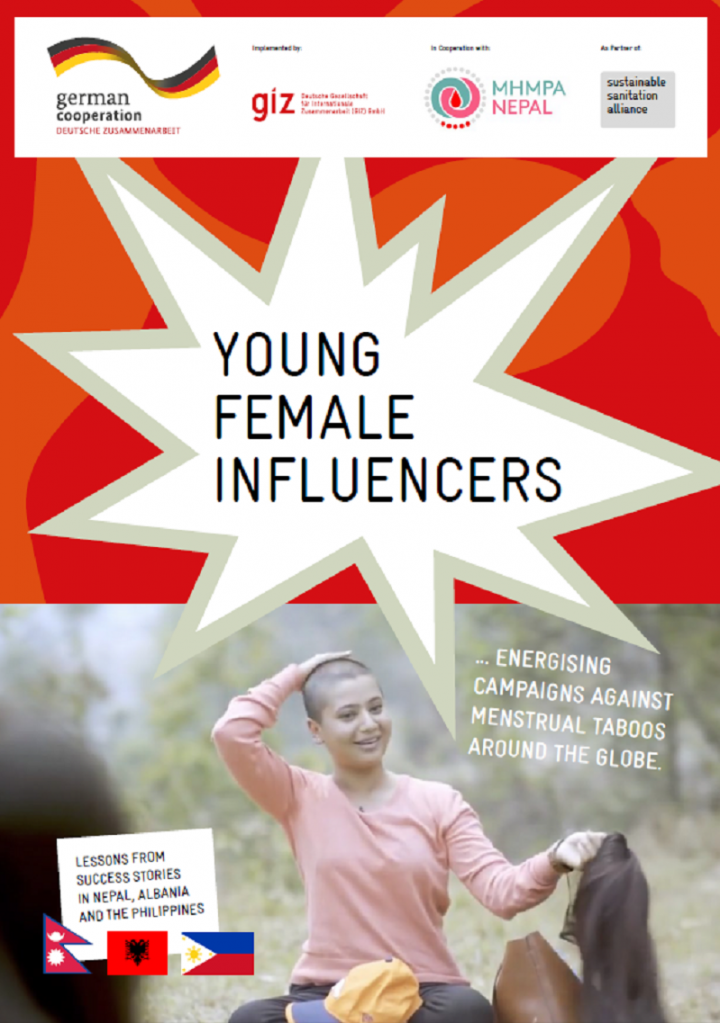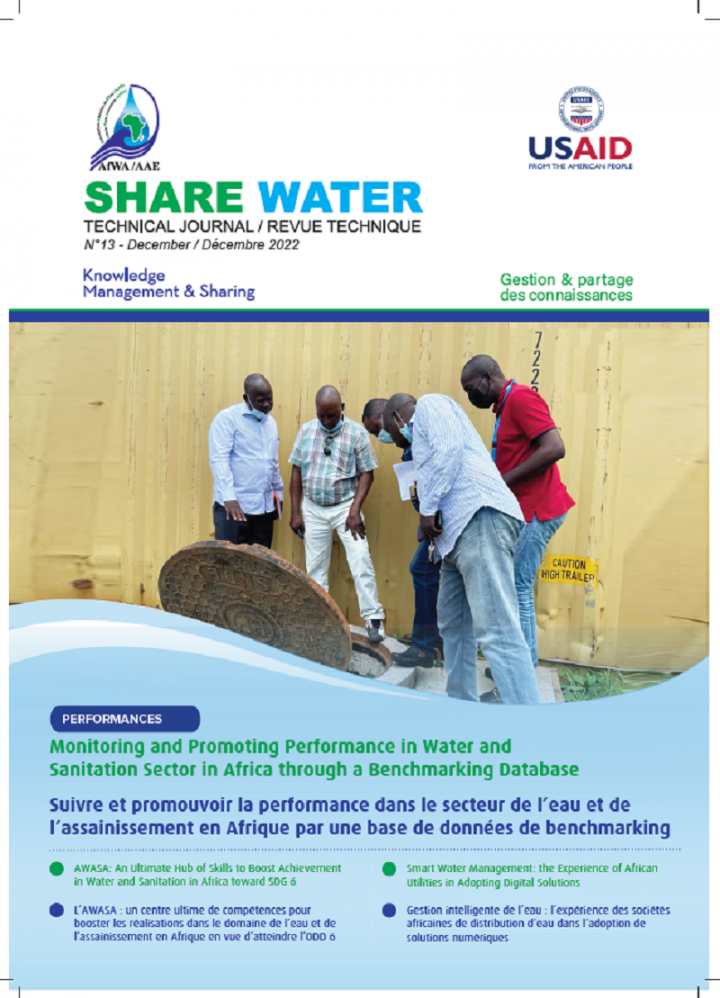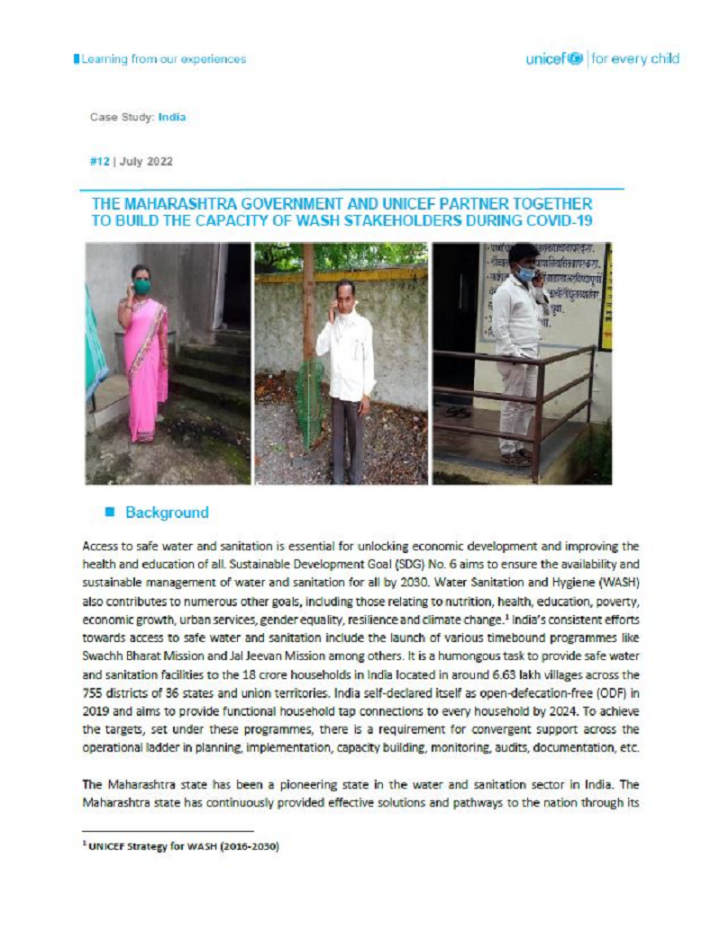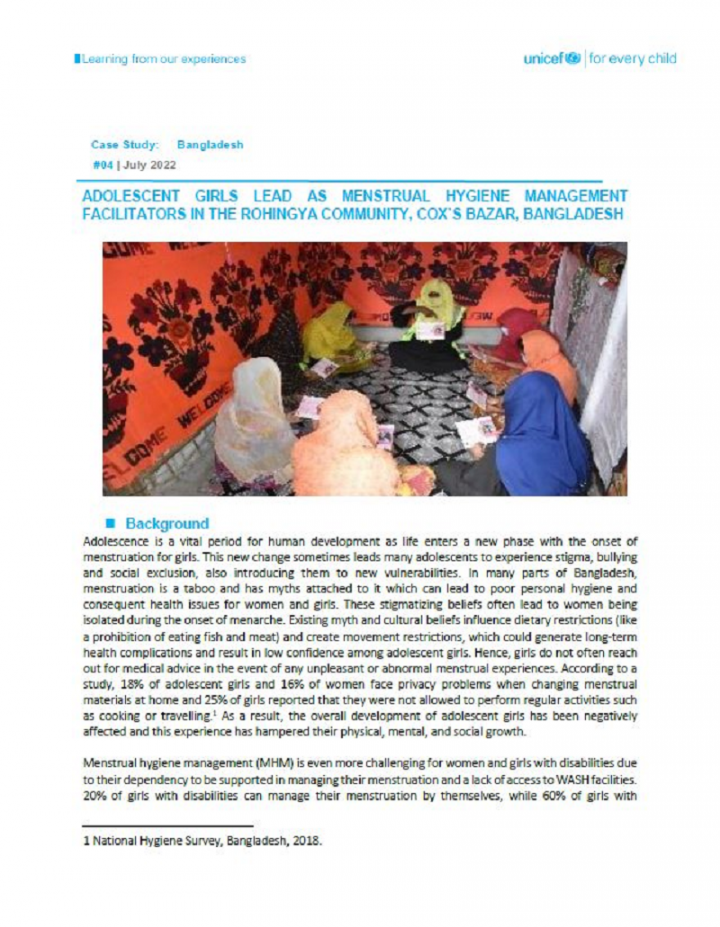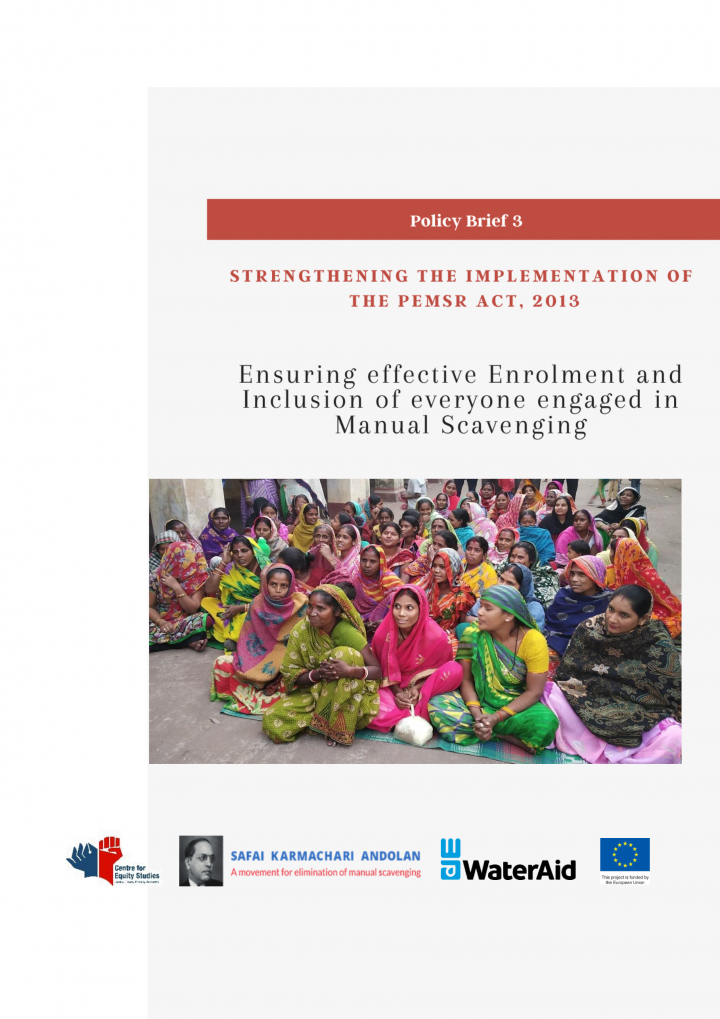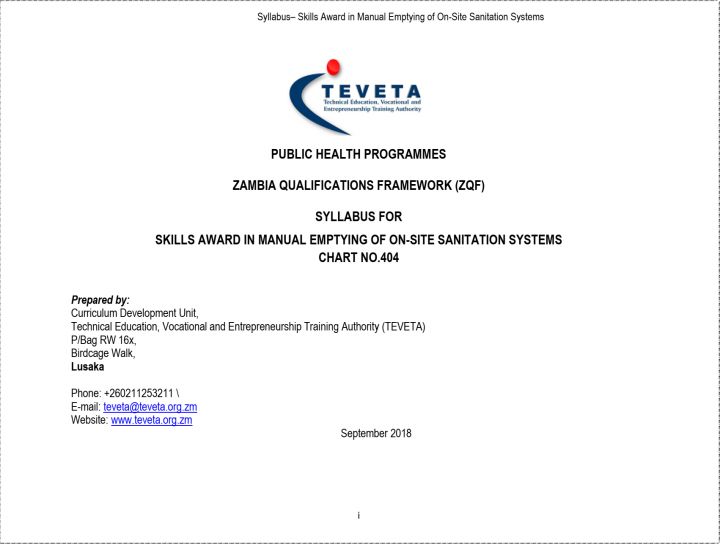Searching for information on Sanitation Workers?
The Sanitation Workers Knowledge + Learning Hub is the best source for all current news, trends, articles and updates on sanitation workers rights around the world.
The previous chapters covered how stabilisation, drying, and pathogen reduction of faecal sludge (FS) can be achieved with different treatment technologies, and combinations of these various technologies. Each treatment technology results in endproducts which need to be further treated, disposed of, or harnessed for some type of resource recovery. Endproducts, for example dried or partially dried …
Information about the quality of rural drinking water sources can be used to manage their
safety and mitigate risks to health. Sanitary surveys, which are observational checklists to assess
hazards present at water sources, are simpler to conduct than microbial tests. We assessed whether
sanitary survey results were associated with measured indicator bacteria levels in rural drinking
water …
Stunting and chronic undernutrition among children in South Asia remain a major unresolved global health issue.
There are compelling intrinsic and moral reasons to ensure that children attain their optimal growth potential facilitated via promotion of healthy living conditions. Investments in efforts to ensure that children’s growth is not faltered also have substantial instrumental benefits …
Uptake of safe water products remains low, in spite of modest cost. We experimented with a sales offer that combined a free trial and rent-to-own payments for durable filters. Purchase rates doubled under this sales offer to 31% compared to a traditional lump-sum sales contract. To lower transaction costs we collected payments using Kenya's vast mobile banking network, MPESA. Mobile repayment …
The workshop presented the overarching framework of the WSP FSM study, and focused on key diagnostic tools being developed by GIZ, Emory University and WSP. These tools are designed to: track faecal waste flows (SFDs), assess public health risks (SaniPATH) and assess economic outcomes of interventions (ESI). By using a mix of presentations, case study-based group work and open discussion, the …
Singair Municipality is situated within the Singair Sub-District (Upazila) in Manikganj District (Zila), which is under Dhaka Division. The geographical coordinates of Singair are between latitudes 23°44' N and 23°52' N and longitudes 90°04' E and 90°16' E. The municipality is bounded on the north by Talebpur union, on the south by Charigram and Sayasta union, on the east by Joymontop union, …
German-supported projects in Nepal, Albania and the Philippines are involving local social media influencers and celebrities to break down taboos around menstrual health and hygiene. To great effect! GIZ’s short film ‘Tackling Taboos’ has been nominated for the WHO film festival ‘Health for all’. Shortlisted out of more than 1000 entries, the film is in the final 70 — and the only one …
The thirteenth issue of the African Water Association (AfWA) technical and bilingual magazine, Share Water, is now available. It provides solutions in terms of guidelines and tools likely to help manage the WASH businesses efficiently and mitigate the shortage of water supply, for improved access to sustainable water and sanitation services for all in Africa.
Among these solutions, the water …
Access to safe water and sanitation is essential for unlocking economic development and improving the health and education of all. Sustainable Development Goal (SDG) No. 6 aims to ensure the availability and sustainable management of water and sanitation for all by 2030. Water Sanitation and Hygiene (WASH) also contributes to numerous other goals, including those relating to nutrition, health, …
Adolescence is a vital period for human development as life enters a new phase with the onset of menstruation for girls. This new change sometimes leads many adolescents to experience stigma, bullying and social exclusion, also introducing them to new vulnerabilities. In many parts of Bangladesh, menstruation is a taboo and has myths attached to it which can lead to poor personal hygiene and …
In the 64th year of the Republic the nation, it was recognized formally through a legislative act, for the second time after the initial 1993 act, that the “dehumanising practice of manual scavenging, arising from the continuing existence of insanitary latrines and a highly iniquitous caste system” that “still persists in various parts of the country” needs to be eradicated and those in …
Faecal sludge management (FSM) covers the whole chain from containment, emptying and collection, transportation, treatment and disposal and end-use. Faecal sludge management (FSM), nonetheless, is applied to the context of onsite sanitation (OSS) systems only. This is particularly important for Zambia where in general close to 85 percent of the population relies on on-site sanitation system. CSO …

